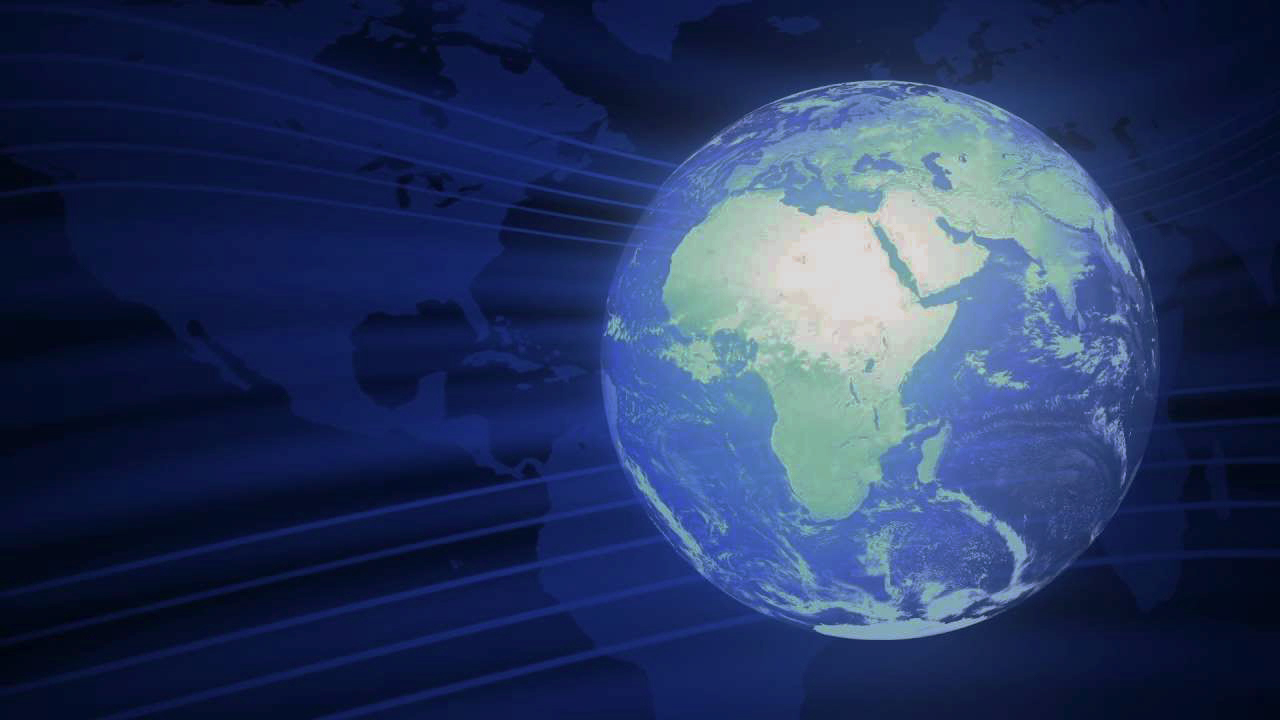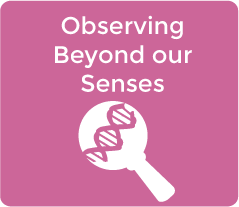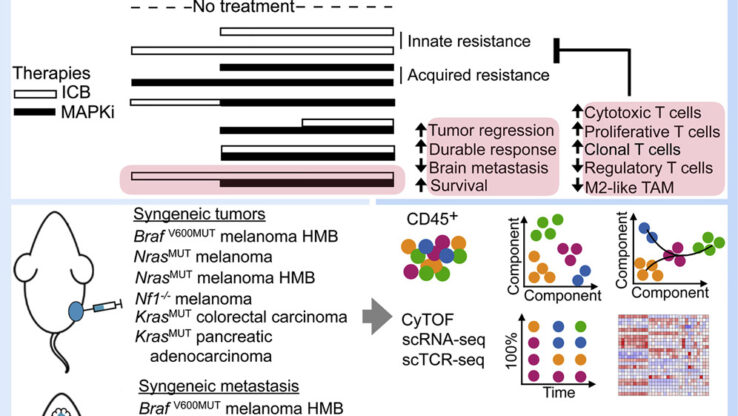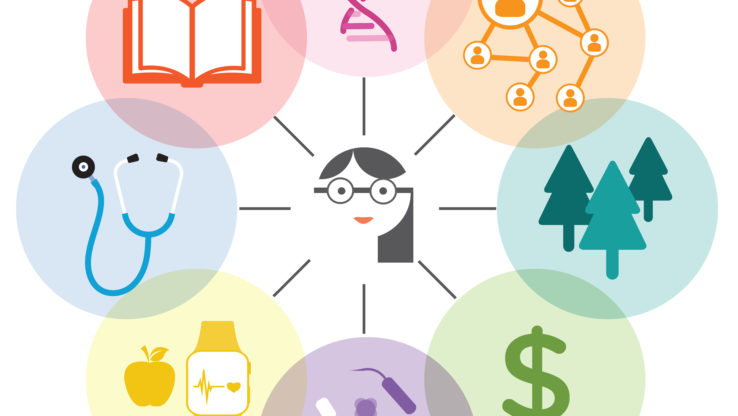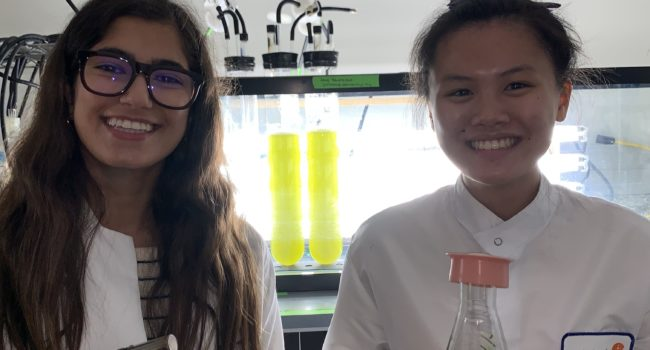CCC2 Cause and Effect: Mechanism and Explanation
 see.isbscience.org/ngss/ccc2/
see.isbscience.org/ngss/ccc2/Cause and effect is often the next step in science, after a discovery of patterns or events that occur together with regularity. A search for the underlying cause of a phenomenon has sparked some of the most compelling and productive scientific investigations. “Any tentative answer, or ‘hypothesis,’ that A causes B requires a model or mechanism for the chain of interactions that connect A and B. For example, the notion that diseases can be transmitted by a person’s touch was initially treated with skepticism by the medical profession for lack of a plausible mechanism. Today infectious diseases are well understood as being transmitted by the passing of microscopic organisms (bacteria or viruses) between an infected person and another. A major activity of science is to uncover such causal connections, often with the hope that understanding the mechanisms will enable predictions and, in the case of infectious diseases, the design of preventive measures, treatments, and cures.” (p. 87)
“In engineering, the goal is to design a system to cause a desired effect, so cause-and-effect relationships are as much a part of engineering as of science. Indeed, the process of design is a good place to help students begin to think in terms of cause and effect, because they must understand the underlying causal relationships in order to devise and explain a design that can achieve a specified objective.” (p.88)
When students perform the practice of “Planning and Carrying Out Investigations,” they often address cause and effect. At early ages, this involves “doing” something to the system of study and then watching to see what happens. At later ages, experiments are set up to test the sensitivity of the parameters involved, and this is accomplished by making a change (cause) to a single component of a system and examining, and often quantifying, the result (effect). Cause and effect is also closely associated with the practice of “Engaging in Argument from Evidence.” In scientific practice, deducing the cause of an effect is often difficult, so multiple hypotheses may coexist. For example, though the occurrence (effect) of historical mass extinctions of organisms, such as the dinosaurs, is well established, the reason or reasons for the extinctions (cause) are still debated, and scientists develop and debate their arguments based on different forms of evidence. When students engage in scientific argumentation, it is often centered about identifying the causes of an effect.


